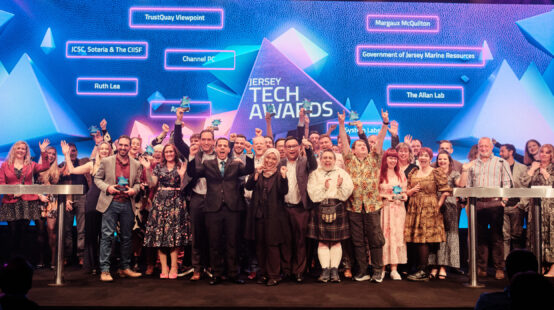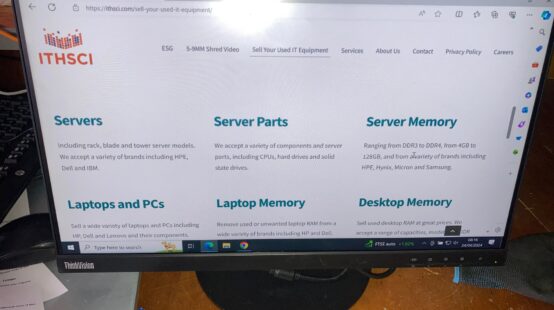
Did you hear about the half a billion pounds court case that was cracked with the help of a nifty piece of software?
The Serious Fraud Office’s investigation into corruption at Rolls Royce resulted in a court ordering them to pay £497million plus costs. That landmark win was down, in no small part, to a machine learning system wading through some 600,000 documents. Just imagine the staff numbers and time it would take for that job to be done manually.
It’s one of the opportunities facing Jersey’s legal sector according to a deep dive into a range of industries in the island to help identify areas to boost productivity and growth in the coming months and years.
Technology, used smartly, can help cut costs, in turn boost profit, and actually improve the quality of work undertaken. That leads to greater client satisfaction and retention and helps increase the reputation of the profession.
There are specifics the study by Geek Talent found with the legal sector in mind.
NLP, that’s Natural Language Processing, can take on research tasks and analysis of contracts that would have previously taken up staff time.
We’re already making great progress with the shift towards both digital documentation and e-signatures, but that migration to a truly paperless process isn’t fully there. Again, an opportunity waiting to be seized by those who ‘get’ the opportunity.
And are your processes both digitised and joined up? Does your billing and time management recording link to your overall client management systems? Do your conflict of interest checks feed into your other processes automatically. If you’re still working in silos with your technology, you may be missing a trick and a quick win for your firm.
The emergence of smart contracts, of predictive analytics and of machine-readable legislation, mean the human capital within your business can be even more strategically focused.
The Rolls Royce case is one very big example with very big consequences.
But it’s also a reminder that even the smallest changes to the way you work could be good for you, your workforce, your clients and your bottom line.



